Video Tutorials: Essentials
Notice
Subtitles are available for each tutorial in English, Russian, and Chinese.
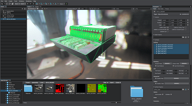
Importing 3D Models
Import of supported 3D formats; static, animated, complex models; import settings and options |
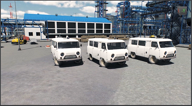
|

|

Lighting
Overview of light types and shadows; shadow optimization using cascades and screen space shadows |
Tracker Tool
Interface and possibilities overview; animating nodes and materials, cameras and post effects |
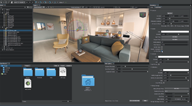
Global Illumination
Use of voxel and environment probes; baking lighting and node emission to global illumination |
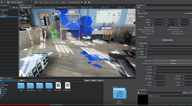
Decals
Overview of decal types; use cases; intersection with grass and clutters; replacing decals with meshes |
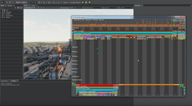
|
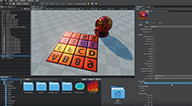
Textures
Types of textures and their use; UV mapping, static and animated mode, clamping and common settings |
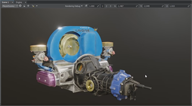
|
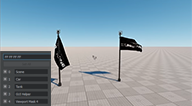
|

Audio Sources and Sound Effects
Overview of the audio system, types of sound sources and effects, and use casess |
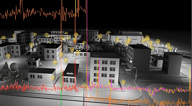
|

|

Physics
Creating dynamic physical objects and empowering virtual worlds with life-like physical effects |
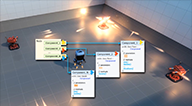
C# Component System
Creating a simple application using C# Component System with an overview of available features |
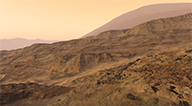
Landscape Terrain
Creating a landscape terrain using brushes and textures; overview of settings and features |

|
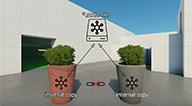
Node References: Must-Knows
Referencing at runtime, referencing by external nodes, unpacking behavior and children |
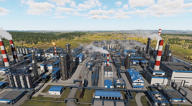
Content Optimization
Use of LODs, impostors, clusters, clutters, occluders, sectors, culling, bit masks, layers, and switchers |
Articles in This Section
Last update:
10.10.2022
Помогите сделать статью лучше
Была ли эта статья полезной?
(или выберите слово/фразу и нажмите Ctrl+Enter